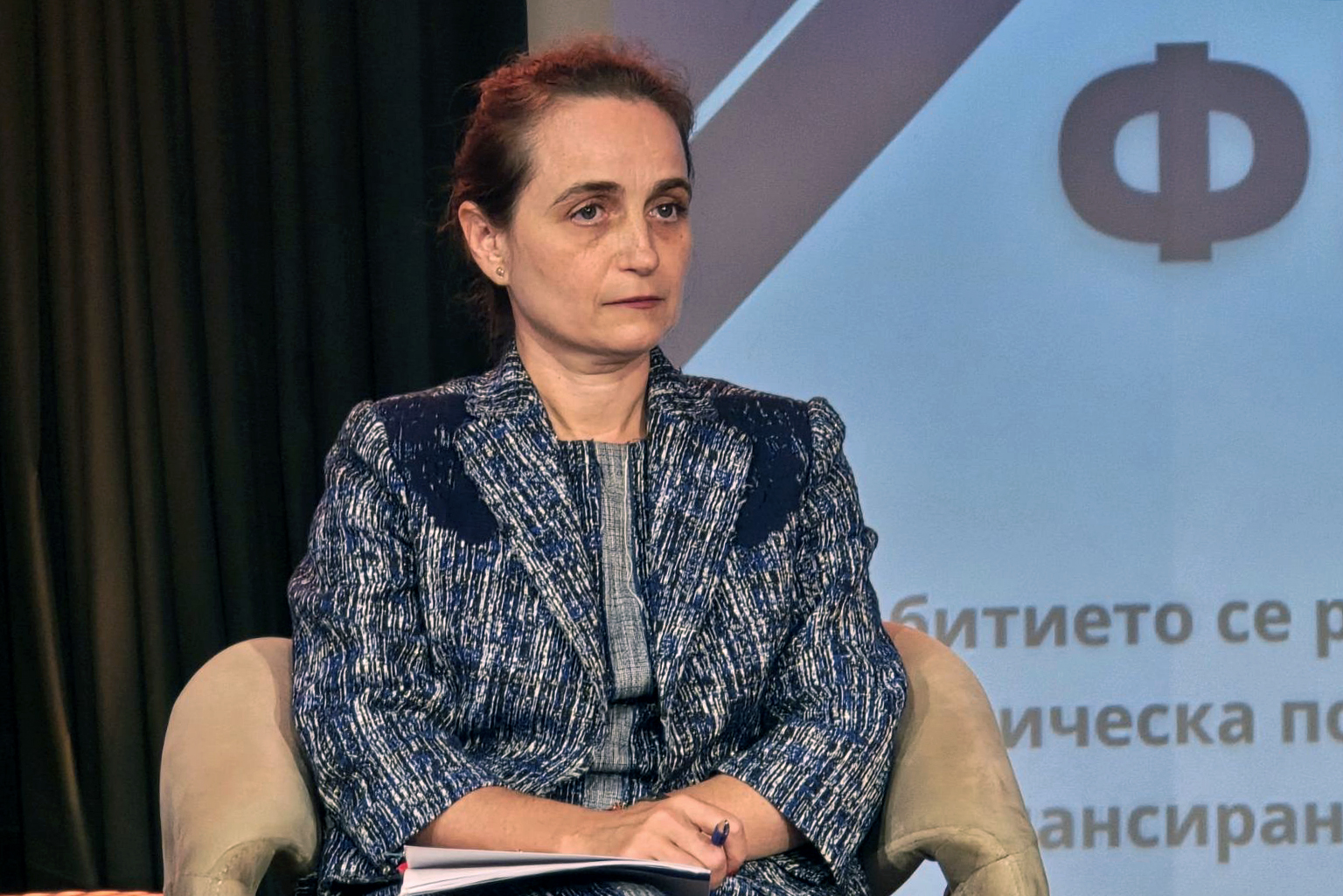
ALBENA – Enhancing regional connectivity is becoming a significant focus for Europe. The European Commission’s proposal aims to double the budget of the Connecting Europe Facility for transport, as stated by Yordanka Chobanova, head of the European Commission Representation in Bulgaria, during the plenary session at the Annual Meeting of Local Authorities held in the resort complex “Albena.” This meeting centers on the financial framework for 2026 and is organized by the National Association of Municipalities in the Republic of Bulgaria.
Chobanova emphasized that projects enhancing connectivity at the European level will be prioritized, impacting both transport and energy networks to boost Europe’s competitiveness.
According to Chobanova, the European Commission’s budget proposal is markedly different from previous ones. She pointed out that Europe is currently striving for greater autonomy while addressing issues like security, migration, energy, and competitiveness. Additionally, the emergence of artificial intelligence presents a new challenge, with significant implications that will create distinct winners and losers; the former being those who invest in advanced technologies.
Chobanova highlighted that the new budget proposal requires viewing the EU in its entirety rather than through the lens of individual member states. She noted that this proposal is still under review and may be adjusted, but emphasized that Bulgaria should prepare for this new model. She urged mayors to enhance programming capacity, organization, and communication with national and European bodies.
The proposal indicates that Bulgaria could receive approximately 22.3 billion euros, exceeding the current funding period, Chobanova remarked. She stressed the importance of timely fund absorption, referencing a recent annual report on the recovery and resilience mechanism. The report indicated that recovery and resilience plans have contributed to a cumulative GDP growth of around 0.7 percent in Europe, demonstrating that the logic of the new budget mirrors that of these plans – requiring results and reforms prior to payments.
Chobanova further explained that each member state will develop its own national and regional Partnership Plan, tailored to specific needs rather than being universal. Previously, there were about 540 programs with varying rules; the new proposal suggests consolidating this into just 27 partnership plans. These will encompass areas such as agriculture, security, cohesion policies, and the common agricultural policy, including farmer payments, environmental protections, and agricultural investment support.
Additionally, the new budget will provide financial resources for crises, natural disasters, and emergencies. Chobanova noted that the European Commission plans to allocate around 400 billion euros to facilitate prompt responses during emergencies. She reaffirmed that priorities will include clean technologies, bioeconomy, decarbonization, and that the budget for the “Erasmus Plus” program will see a 50% increase. (October 13)













Leave a Reply